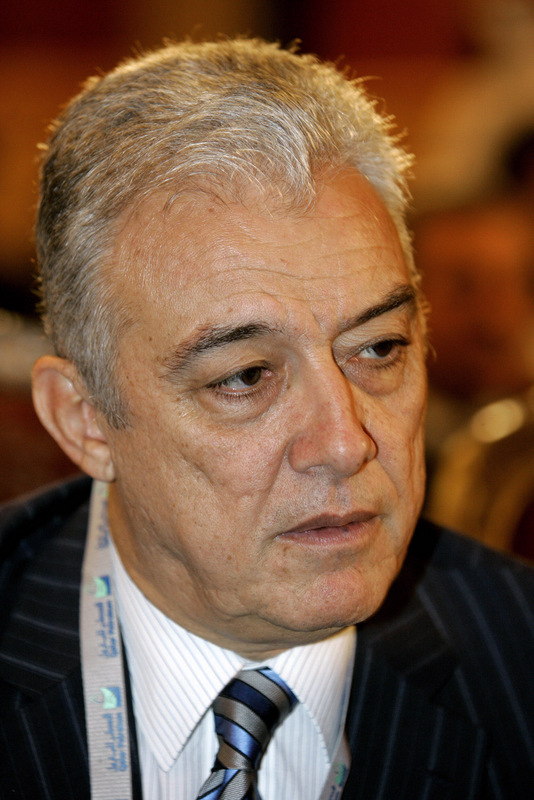OSLO: Key figures in the wave of uprisings across the Arab world and whistleblower website WikiLeaks are among a record 241 candidates in the running for this year’s Nobel Peace Prize.
The names of nominees are kept secret by the Nobel Institute for 50 years, but director Geir Lundestad told AFP on Tuesday the 2011 list of nominees was influenced by the popular uprisings in the Arab world.
"We have received several proposals that reflect the situation we are seeing," especially in Tunisia, Egypt and Libya, he said.
Thousands of people are eligible to submit nominations, including members of parliaments and governments worldwide, university professors, previous laureates and members of several international institutes, who had until February 1 to propose candidates.
The Nobel Committee that awards the prize is also eligible to nominate candidates during its first meeting which was held on Monday.
There were 237 nominations for last year’s award, a record at the time.
Those who are entitled to nominate are allowed to reveal the name of the person or organization they have proposed, if they wish to do so, and it is already known that WikiLeaks are on this year’s list.
Norwegian parliamentarian Snorre Valen said last month he had nominated the whistleblower website founded by former Australian hacker Julian Assange for its role in exposing "corruption, war crimes and torture."
Russian NGO Memorial and its founder Svetlana Gannushkina are also known to be on the list for their human rights work in Russia, and are the top picks of Nobel observer Kristian Berg Harpviken, who heads up the Peace Research Institute Oslo (PRIO).
"Memorial has created a link between human rights, reconciliation and work on documentation (of abuse), and that is a relatively new approach that deserves to draw attention," he told AFP.
Also known to be on the list of nominees are the three men considered to be the creators of the internet: Americans Larry Roberts and Vint Cerf and Britain’s Tim Berners-Lee.
Their invention made possible the emergence of social networking sites like Facebook and Twitter, which have played a large part in the "Arab Spring."
Other known candidates include the European Union, former German chancellor Helmut Kohl, Liberian President Ellen Johnson Sirleaf, Cuban dissident Oswaldo Paya Sardinas, Congolese doctor Denis Mukwege, Chinese Uighur dissident Rebiya Kadeer, Catholic community Saint’Egidio and Afghan human rights activist Sima Samar.
The name of the winner will be announced in early October, and the award will be presented at a formal ceremony held — as tradition dictates — on December 10, the anniversary of the death of the Swedish creator of the prize and inventor of dynamite Alfred Nobel.
Last year, the Nobel Committee’s five members, who are appointed by the Norwegian parliament, drew the ire of Beijing when they handed the prestigious award to jailed Chinese dissident Liu Xiaobo.
China said the move would harm ties with Norway and has since cancelled official bilateral meetings and indefinitely postponed negotiations on a free trade agreement between the two countries.


